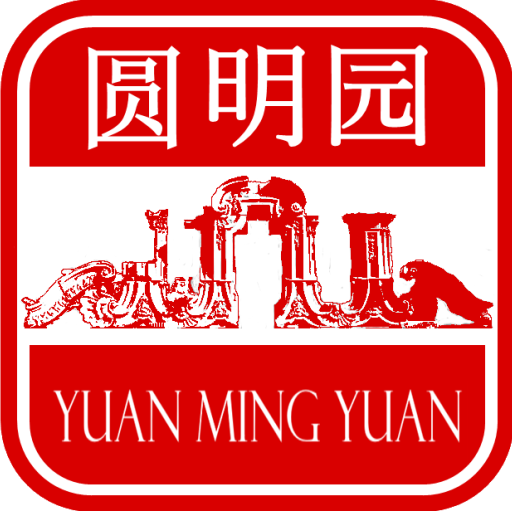The Opium Wars
At the beginning of the 19th century, in order to reduce its trade deficit with China, the United Kingdom promoted the cultivation of poppies in Bengal, which were then exported to China through the Port of Guangzhou. The United Kingdom hoped to encourage the use of opium among the Chinese population so that they would import more drugs from British merchants.
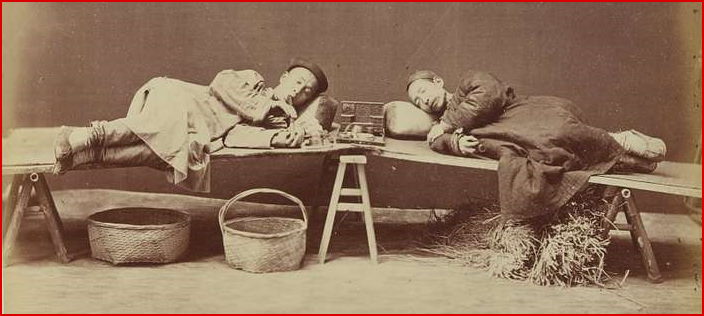
The First Opium War
This traffic was tolerated by Chinese authorities until 1839 when Emperor Daoguang (道光帝) decided to eradicate the opium trade, much to the dismay of the British. Under Prime Minister Lord Melbourne, the United Kingdom then declared war on China. Faced with attacks from British troops, China was forced to negotiate, and on 29 August 1842, the Treaty of Nanking was signed, the first of the Unequal Treaties between China and the Western powers. In addition to heavy war indemnities paid by China, the island of Hong Kong was ceded to the British crown, and several ports were opened to English merchants where they enjoyed extraterritorial rights. American and French nationals received similar benefits in 1844. Thus began “the century of humiliation.
The Second Opium War
The Second Opium War began after the Arrow ship incident in October 1856 in the bay of Hong Kong. The British then attacked several Chinese forts. The French joined them after the murder of a Catholic missionary in Guangxi, a province that was then not open to foreigners. After occupying Guangzhou, Anglo-French troops landed near Tianjin. The Treaty of Tianjin (Tientsin) was then signed. New ports were opened to the British, the French, the Americans and the Russians. Foreign missionary activities were permitted throughout Chinese territory, and China was forced to legalize opium imports.
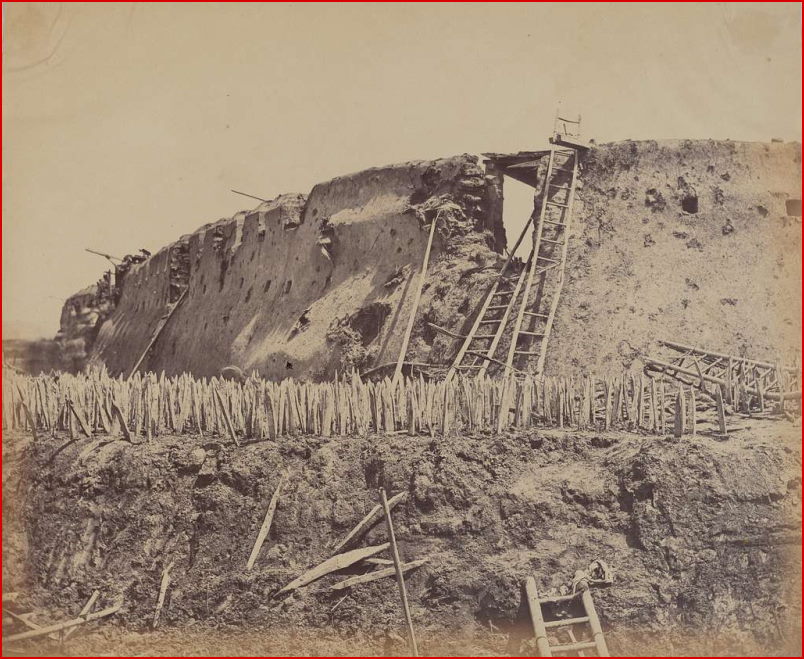
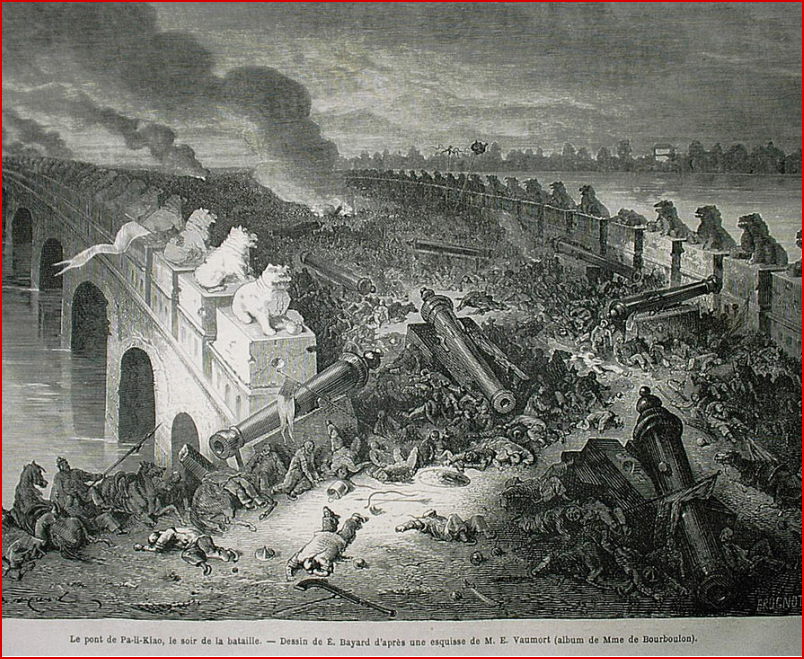
Despite this signature, new incidents broke out near Tianjin in June 1859 at the Taku forts and saw the defeat of the English troops. The following summer, an Anglo-French army once again landed near the Taku forts, quickly capturing them and then marching towards Beijing. Several members of the British diplomatic mission led by Harry Parkes are arrested and some are executed. Anglo-French troops then entered Beijing in October 1860. In revenge for the treatment inflicted on members of the British diplomatic mission and Western prisoners, Lord Elgin, British Ambassador Extraordinary to China, ordered the destruction of the Old Palace of Summer.
The Second Opium War ended on 18 October 1860 with the signing of the Convention of Peking. According to this “unequal treaty,” the opium trade was legalized and foreign missionaries were granted the right to evangelize and acquire properties in China. Significant indemnities were paid to the British and the French. The British received the Kowloon Peninsula, north of Hong Kong Island, and the Russians obtained territory in Outer Manchuria. Finally, Westerners were allowed to trade in Tianjin and on Shamian Island in Guangzhou.
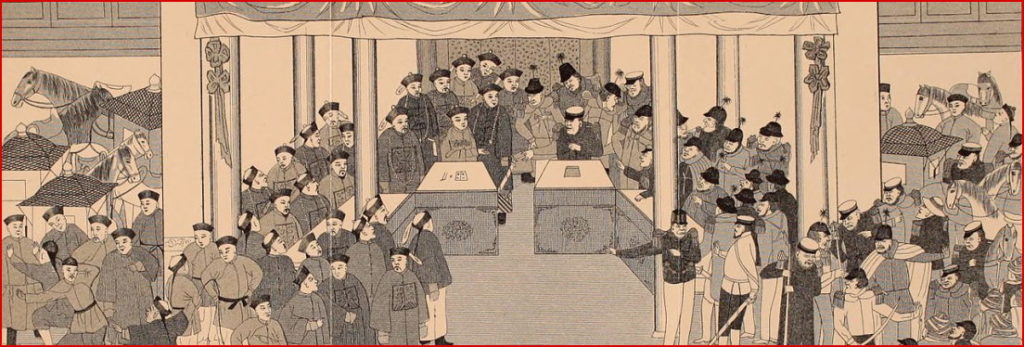
Other treaties imposed by Western powers on China were concluded in the second half of the 19th century.
